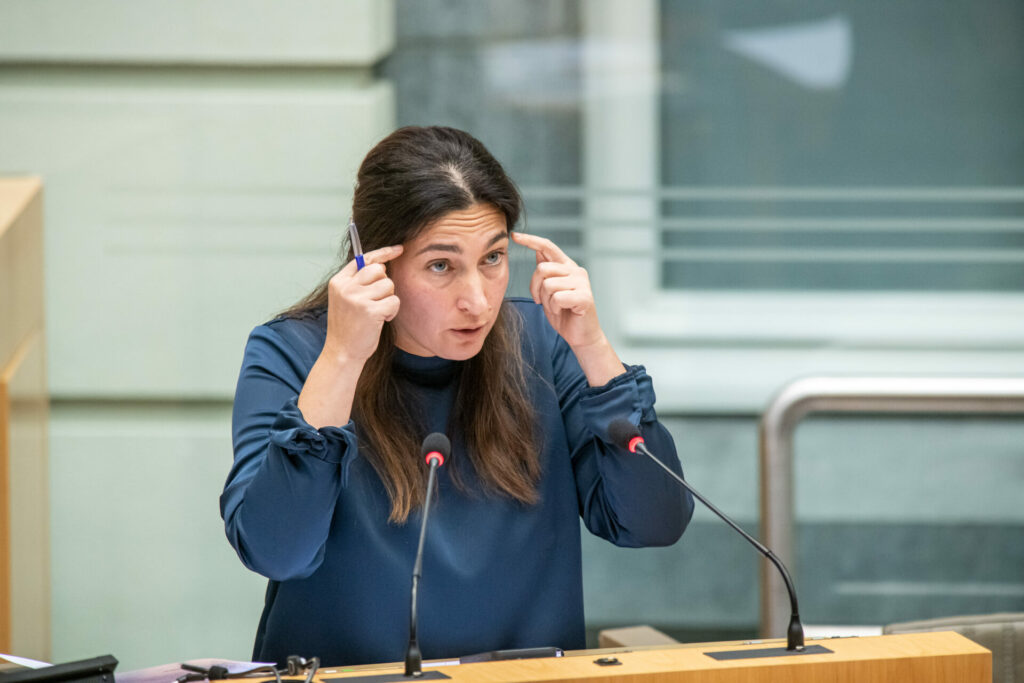Belgium's judicial system should be split into separate regional ones, with Flanders having its own prison and its own penal code, said Justice Minister Zuhal Demir of the Flemish rightwing, separatist N-VA party.
Demir commissioned a study by constitutional specialists Stefan Sottiaux and Arvid Rochtus, and the results "clearly show" that a scenario in which the competency is split is a possibility, she said on VRT's 'Terzake' television programme on Thursday evening.
"When it comes to the Justice and Security Departments, everyone is frustrated today," Demir said. "Just look at the overcrowding of prisons, at everything that the Federal Government forwards to the Regions. It is often like carrying water to the sea."
According to Demir, this would be handled better if Flanders had more competencies of its own. "In Flanders, you have an executive power – the government –, a legislative power – the parliament – but no judicial one."
'Potpourri of structures'
While Flanders is allowed to tag convicts with electronic ankle monitoring systems (as it is a regional competency), "it is not allowed to say whether we think that is a good idea or not for drug criminals," said Demir, who stressed that this is "problematic for a democracy."
"To me, it makes sense that the levers do come to the regional level. Our own prisons, our own penal provisions and our own penal code," she said, adding that with a Flemish justice system, things would improve – even if it will cost money. "With a failing justice policy, the social cost is even greater."
Additionally, she pointed out that while splitting the country's justice system will be "complicated," that is not necessarily a problem. "It is already extremely complicated. It is up to the politicians to make decisions."
Demir did not deny that a split would require cooperation with the other regions but added that it would still be easier if there are clear divisions of competencies, rather than the "potpourri of structures" of today. "This is not imagination, this is preparation. Splitting this is possible, and it is not a fairy tale."
Related News
- Belgian politics for dummies: Who is in power where?
- Belgium should be split through 'extralegal reform' next year, says De Wever
- 'If it is confederalism or nothing, then it will be nothing' for N-VA, says Vooruit leader
The study by constitutional experts Stefan Sottiaux and Arvid Rochtus (KU Leuven) was commissioned by Demir, but was carried out academically independently. Sottiaux acknowledged that Belgium is an outlier compared to other federal states, where justice and police essentially are a matter for the regions instead of a federal one.
"Technically it is divisible, but to do that sustainably, you need a two-thirds majority," he said, adding that there are also arguments against splitting the competencies: if one region acts more laxly, problems would fall more to the other, for example.
Therefore, Sottiaux thinks it is not a bad idea to keep some matters federal: major terror trials, or the highest courts such as the Supreme Court and Constitutional Court, for example.
Demir's comments come just days after N-VA chair Bart De Wever stated that Belgium should become a confederal system – which would see a lot more powers going to the regions and basically translates into Flemish independence – next year, if necessary through "extralegal reform."

